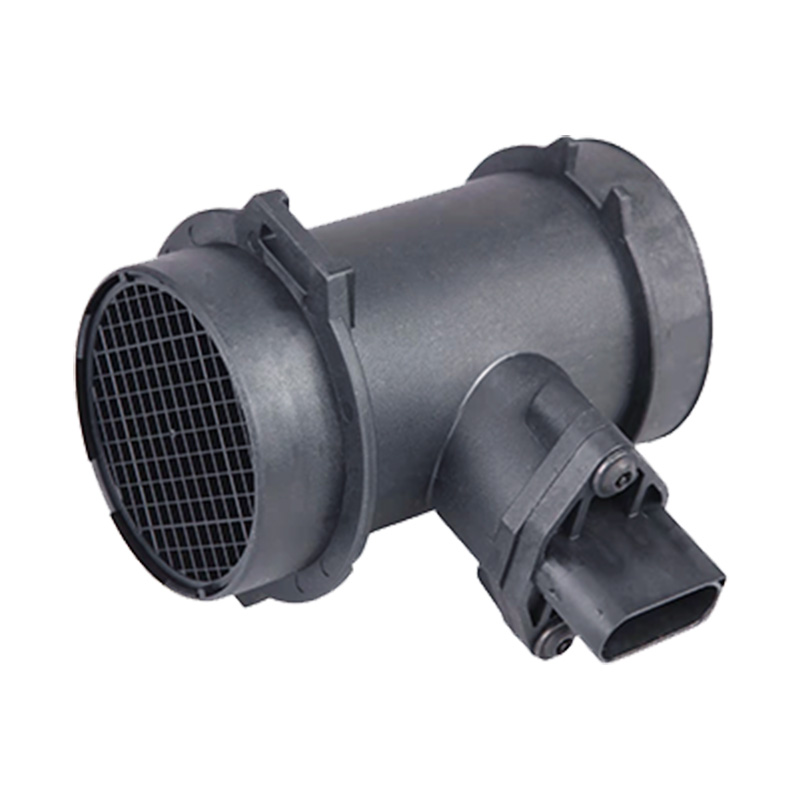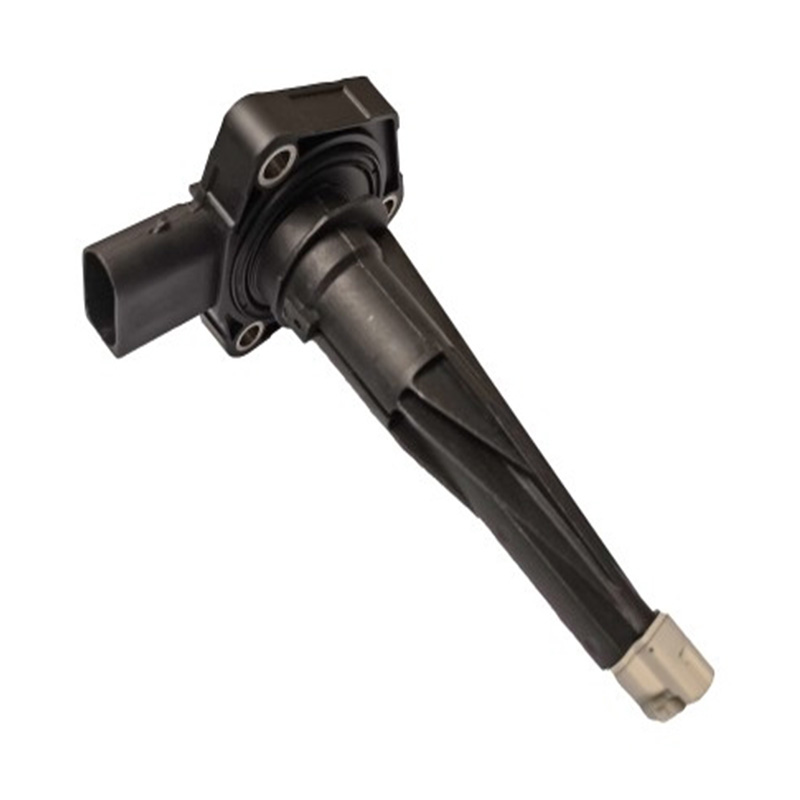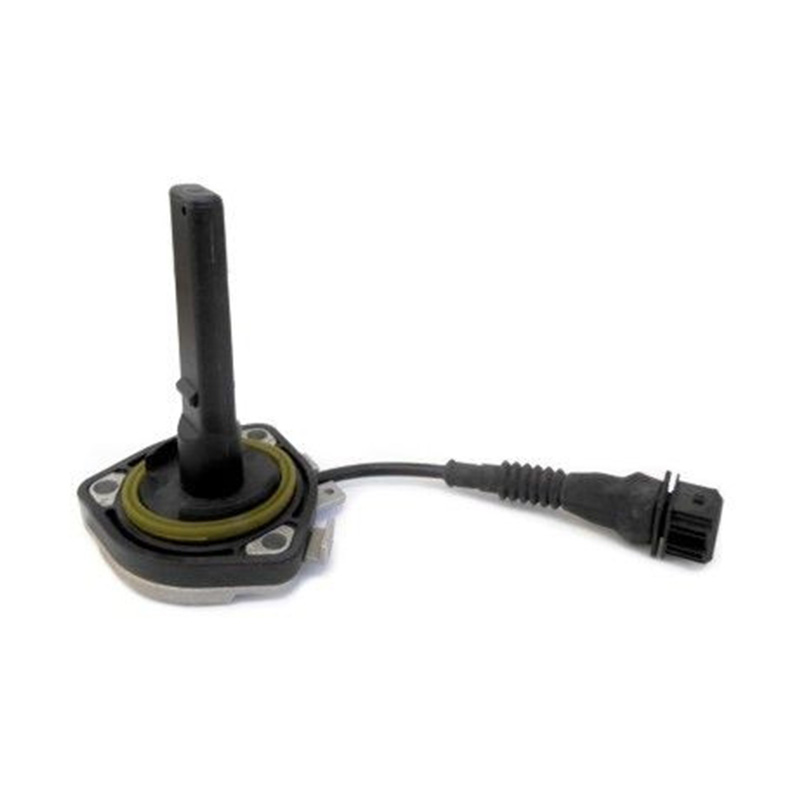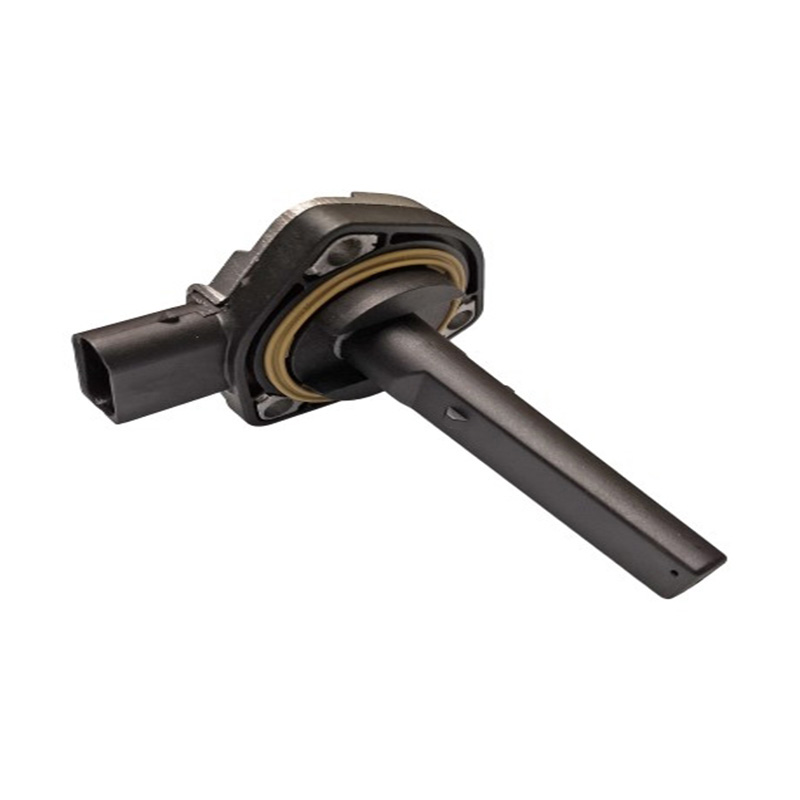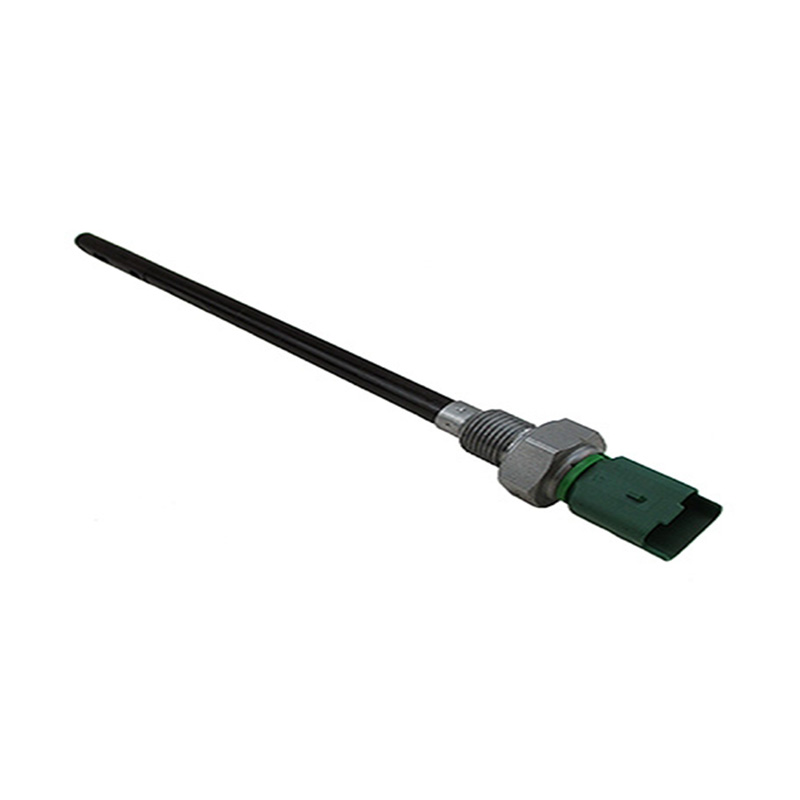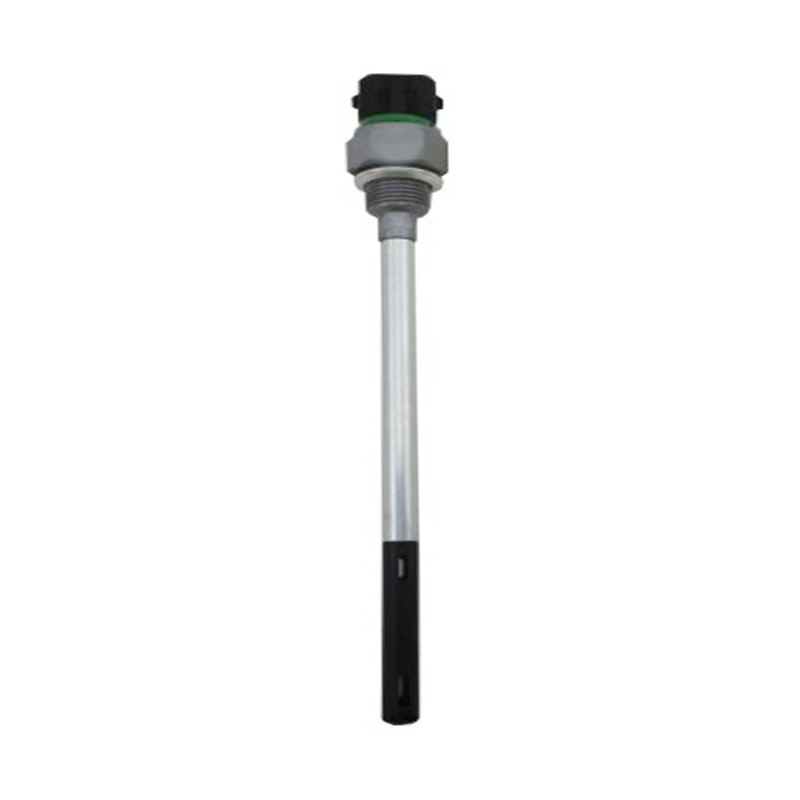OEM.NO: 0280 217 114 0280 217 115
See DetailsExploring the Technical Principles and Performance Characteristics of Massive Air Flow Sensor
Supply massive air flow sensor manufacturer in China
In today's era of rapid technological development, various advanced sensors play a crucial role in many fields. Among them, the Massive Air Flow Sensor attracts much attention with its unique technical principles and great performance characteristics.
The technical principle of the Massive Air Flow Sensor is the core foundation for achieving accurate measurement. It mainly senses and measures air flow through multiple technical means. One common principle is thermal measurement. It uses the cooling effect of air flow on the heating element to calculate air flow. When air flows through the sensor, it takes away the heat on the heating element. The heat loss is proportional to the air flow. Through precise temperature sensors to monitor the temperature change of the heating element, the Massive Air Flow Sensor can accurately convert the air flow size. The advantage of this thermal principle is its fast response speed, which can capture the dynamic changes of air flow in real time. It is of great significance for systems that need rapid adjustment, such as the intake control of automobile engines.
Another technical principle is mechanical measurement. Through special mechanical structures such as blades or turbines, they rotate as air flows. The rotation speed is related to the air flow. The Massive Air Flow Sensor uses methods such as electromagnetic induction or optical detection inside the sensor to accurately measure the rotation of mechanical parts and thus obtain the value of air flow. The advantage of the mechanical principle is good stability. It can maintain relatively stable measurement accuracy during long-term use and is suitable for air flow monitoring in various industrial environments.
In terms of performance characteristics, the Massive Air Flow Sensor shows many advantages. First is the high-precision measurement ability. It can accurately measure a wide range of air flows. Whether it is a tiny air flow or a large-scale air flow, it can provide accurate flow data. This is crucial for equipment and systems that need to precisely control air flow. For example, in the aerospace field, the intake air volume of aircraft engines needs to be precisely controlled. The high-precision measurement of the Massive Air Flow Sensor ensures the efficient operation and stable performance of the engine.
Fast response ability is also one of its remarkable characteristics. In the process of car acceleration, deceleration or industrial production, the air flow will change instantaneously. The Massive Air Flow Sensor can quickly sense these changes and transmit signals to the control system in time so that the system can make corresponding adjustments quickly to optimize the operating state of the equipment and improve energy utilization efficiency. For example, in the automobile engine management system, it can adjust the fuel injection amount in real time according to the change of air flow to achieve ideal combustion effect, which not only improves the power performance but also reduces fuel consumption and exhaust emissions.
The Massive Air Flow Sensor also has great stability and reliability. It can work normally under various harsh environmental conditions such as high temperature, high humidity, and strong vibration. Whether in a hot desert area or a humid marine environment, it can maintain stable measurement performance and reduce equipment downtime and maintenance costs caused by sensor failures. This makes it widely used in industrial manufacturing, energy and other fields, providing a strong guarantee for the safe production and efficient operation of these fields.
In addition, the wide measurement range of the Massive Air Flow Sensor makes it highly versatile. It can meet the air flow measurement needs of different scales and types. From small equipment to large industrial systems, it can accurately measure air flow. This versatility provides convenience for users and reduces the trouble of selecting and replacing sensors in different application scenarios.
In conclusion, the Massive Air Flow Sensor plays an indispensable role in many fields with its unique technical principles and great performance characteristics. With the continuous progress of technology, it is believed that the Massive Air Flow Sensor will continue to be optimized and innovated, bringing more convenience and benefits to our lives and production. Whether in promoting the development of the automotive industry or helping industrial automation and environmental protection and other fields, it will continue to show its great value and potential. We look forward to greater breakthroughs in technology for the Massive Air Flow Sensor in the future and making greater contributions to the development of various industries.
